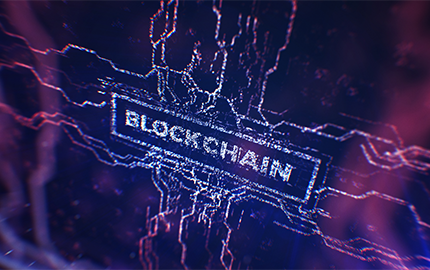When to use Blockchain

The Blockchain technology has the potential to revolutionize many industries and can be applied to many use-cases, for example:
- If you want to preserve a record of previous activities but the data is always changing. Blockchain is a better, safer way to track activity, keep data current, and preserve a history of that data. You benefit from having a historical record of the data as well as an instantly updated record, and the data cannot be corrupted by anyone or unintentionally erased.
- When you wish to document secure transactions, particularly those involving several partners. A traditional database could be useful for keeping track of straightforward exchanges between two parties, but as situations become more complex, blockchain can eliminate delays and streamline connections. A decentralized system’s increased security makes blockchain perfect for transactions in general.
- When you need to maintain a decentralized, shared system of records or manage and secure digital interactions. Blockchain may be the best option whenever you need to maintain an extensive, transparent record of assets (for instance, to document real estate or land rights). Particularly “smart contracts” are excellent for streamlining digital interactions and transactions. When participants to a transaction agree that their criteria have been satisfied, automated payments can be released via a smart contract.

Trust
Between many entities where trust is either nonexistent or unproven, blockchain establishes trust. As a result, these organizations are open to transacting or sharing data in business relationships where they otherwise might not have been or would have needed an intermediary. Blockchain uses a distributed ledger, which ensures that transactions and data are recorded consistently across all locations. Full transparency is provided since every network user with permissions can see the same data at once. All transactions are time- and date-stamped records with immutability. Members may access the whole transaction history thanks to this, which almost eliminates the possibility of fraud.

Enhanced security
The increased security provided by blockchain is a result of how the technology operates. Blockchain generates an unchangeable record of transactions with end-to-end encryption, which prevents fraud and illegal activity. A network of computers is used to store data on the blockchain, making it virtually impossible to hack. Furthermore, by anonymizing data and requiring permissions to limit access, blockchain can better handle privacy concerns than conventional computer systems.

Immutability
Immutability means that transactions that have already been added to a blockchain cannot be altered or removed. All transactions on the blockchain are time- and date-stamped, creating a permanent record. As a result, blockchain may be used to trace data across time, enabling a safe, trustworthy audit of data.

Traceability and visibility
A blockchain-based audit trail records an asset’s origin at each stage of its travel, proving its provenance. This helps to give the proof in industries where customers are worried about environmental or human rights concerns surrounding a product, or in industries plagued by fraud and counterfeiting. Data concerning provenance can be immediately shared with customers via blockchain technology. Any supply chain’s issues can be revealed by traceability data.

Speed
Blockchain is much faster at handling transactions than traditional techniques since it does away with intermediaries and replaces any human processes that are still present in transactions. The speed at which a blockchain-based system can process transactions, however, can vary depending on several variables, including the size of each data block and network activity. The blockchain allows for the storage of documentation alongside transactional information, doing away with the necessity for paper exchange. Because there is no need to reconcile various ledgers, clearing and settlement can happen significantly more quickly.

Automation
With “smart contracts,” transactions can even be automated, enhancing your productivity and accelerating the procedure even further. The subsequent stage in a transaction or process is automatically initiated after pre-specified requirements are satisfied. Smart contracts lessen the need for human intervention and rely less on outside parties to confirm that a contract’s terms have been adhered to.
